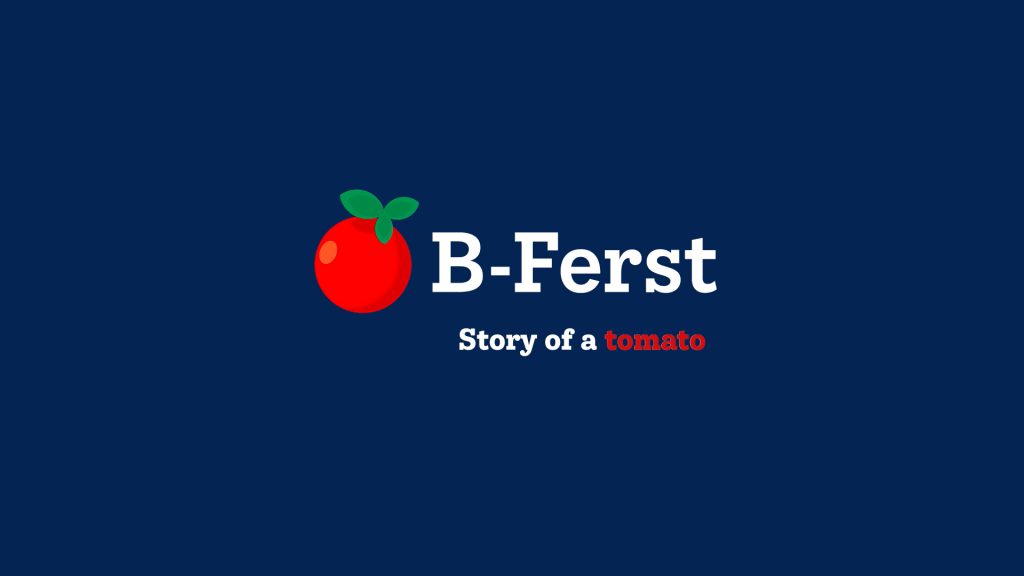PRESS RELEASE - 06 April 2020
To meet the growing demand for food, agriculture needs to become more productive and resilient. B-FERST makes farmers and industry work together for a sustainable agriculture.
In 1987 the Report Our Common Future, also known as the Brundtland report, defined the sustainable development as the development that meets the needs of the present without compromising the ability of future generations to meet their own needs. The same definition can be applied to sustainable agriculture, with a further necessary ingredient: the enhanced relationship between farmers and bio-based industries.
Currently, the farming sector is facing tough challenges: strong dependency on non-renewable resources, lack of a circular approach, dispersion of nutrient-rich streams in the environment and progressive lack of soil fertility. In a few words, today farmers have to stay competitive both on the market and consumers sides, and they have to increase their sustainability in the use of soils and nutrients. Bio-based fertilisers can be part of such a change. To meet this challenge in a sustainable way, B-FERST proposes to shift the fertiliser value chain from the current production-income approach to a sustainable production model focused on tailor-made bio-based fertilisers.
For this reason, foster cohesion within the agri-food supply chain is the first pillar of the B-FERST activities. The second pillar is innovation within the bio-based industry: through the use of bio-waste, B-FERST will create a new circular and bio-based value chain with the overall purpose of developing sustainable fertilisers. Such innovative fertilisers will allow farmers to increase their crop productivity in a more sustainable and eco−friendly way.
By investigating the story of a tomato, the first B-FERST project video shows the resilience, innovation and win-win relationship behind the production of our food. B-FERST will reuse 40% of bio-waste, cut CO2 emissions and energy and water consumption by up to 10% and will develop 8 bio-based fertilisers which will be tested in 5 fields across Europe. The final aim of the B-FERST project is to make agriculture more productive and resilient to climatic and economic shocks.



